Experiencing the death of a loved one is never easy. For an adult, it is already an immense struggle to cope with the pain of loss and move on – for children, the loss can be even more devastating.
Generally, children perceive death as losing something from their lives. It depends on their age and how much they already know about death and loss prior to the experience.

Children who have experienced a death in their family more than once, or who have been exposed to the topics of death and loss in an open-minded manner by adults, would be more prepared when such things happen to them.
When death occurs in the family, be it the passing of a grandparent, a pet dog or even a sibling, children’s reactions may differ significantly. Some may be too devastated, due to their close relationship with the deceased, while others may be confused. This is why it is important for parents to approach the subject in a sensitive yet wise manner.
Dr Haslina Hassan, Senior Counsellor at MindChamps Singapore, shares steps for parents to be mindful of as they help their children process the pain of loss.
⇒ Related Read: Having Life’s Most Important Conversation With Your Child
#1 Tell your child what has happened
The most important first step is to tell your child about the death of the person or pet. Don’t try to hide it or explain it away with a “Grandma has gone on a very long holiday.”
Instead, explain clearly and simply to your child why the person or pet has died. Tell your child, for example, that Grandma died due to old age, or that Grandpa died due to his long-term illness, or the pet dog died because of a road accident.
Some children may think that Grandma died because he had not been a good boy or that the family dog died because he did not spend enough time playing with it. Take away any self-blame from children.
For death due to suicide, you would need to explain to the child that, for example, “X died because he committed suicide, and he did that because he was too confused and did not know where to get help.”
Do not create a situation where your child is made to see that their relative/friend died of suicide because there was a bad person, or it was your child’s fault.
#2 Give it time
Give your child as much time as possible to cry. Don’t rush children into grief. Some may need a longer time to wipe away their tears, while others may conversely find it hard to cry and let their emotions breakthrough.
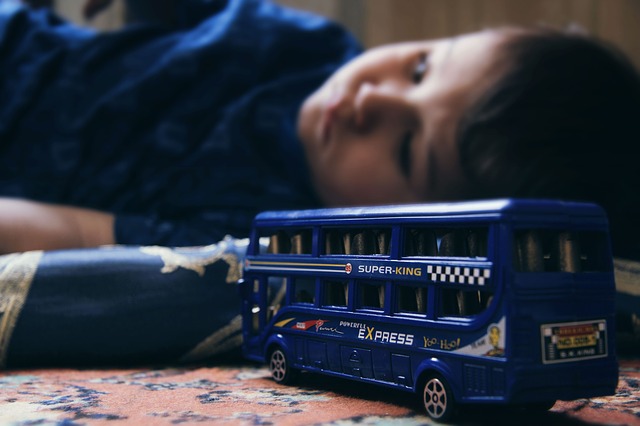
Let children express their sadness in ways other than their tears, for example, through their words or through their drawings or doodling.
Some children may recover from the experience in a matter of days, while others may be broken-hearted for quite a long time. Instead of rushing them to be “okay”, allow them the space to heal at their own pace.
Here are the recommended books that can help children better understand and cope with death.
- Life and I by Elizabeth Helland Larsen
- Goodbye Mog by Judith Kerr
- No Matter What by Debi Gliori
- I Miss You by Pat Thomas
- When My Daddy Died, I….. Things I Miss About My Dad by K. J. Reider
- Wherever You Are: My Love Will Find You by Nancy Tillman
- What’s Heaven? By Maria Shriver
- Where Are You? A Child’s Book About Loss by Laura Olivieri
- Someone I Love Died by Christine Harder Tangvald
- Nana Upstairs and Nana Downstairs by Tomie dePaola
- Lost and Found: Remembering A Sister by Ellen Yeomans
#3 Explain funeral rites
There is also the need to explain about the funeral, such as when will it take place, how long the process will take and what happens during a funeral. This depends mainly on the religious belief of the family.
At this juncture, you may take the opportunity to explain your specific beliefs and religious practices to your child.
#4 Create opportunities for children to say goodbye
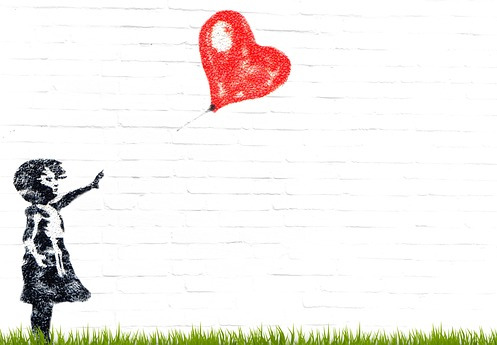
Depending on age, some children can be encouraged to go through a process of saying “goodbye” to their loved ones. For example, a few days after the funeral, get your child to draw a picture of himself during his best time with Grandma. Then let him talks about what he drew. Encourage him to express as much of his feelings as he can. Don’t judge and don’t correct him.
Assure your child that Grandma loves him too. Tell the child that, after death, Grandma does not feel the pain that she went through when she was alive. Death frees her from pain. Then get a balloon and blow it. Tie a string to the balloon. Tell your child that he is going to let go of the balloon.
Encourage him to say what he wants to say to Grandma. Then say goodbye and let go of the balloon. Explain to your child that the balloon will fly away and go to places that we will not know, depending on the direction of the wind. Through the act of letting go of the balloon, your child may be encouraged to view it as releasing the pain that he has experienced.
It is also important for you to remind your child that death does not take away the many wonderful memories that he has with his loved ones. In fact, he should cherish those precious memories all the more.
#5 Make space for yourself to grieve too
If you, as the parent, are also grieving due to the death of your spouse or parent, it is important to remember that you also have the right and need to grieve.
If necessary, do seek out the help of other close family members, relatives or trusted friends to help the child while you grieve. You may also refer your child to a counsellor if you feel that he needs more help and support.
Talking about the death and loss with your child can help both of you grieve and heal. Inasmuch as you want the child to express himself or herself, you too should show him that you are not hiding your own sadness, fear etc.
What’s important is that you are going through this sad period together and that you have each other to share the journey with.
By Dorothea Chow.
* * * * *
Like what you see here? Get parenting tips and stories straight to your inbox! Join our mailing list here.
Want to be heard 👂 and seen 👀 by over 100,000 parents in Singapore? We can help! Leave your contact here and we’ll be in touch.




































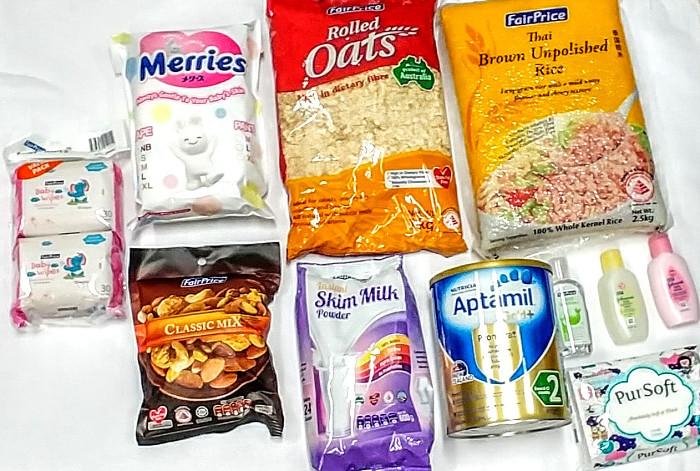
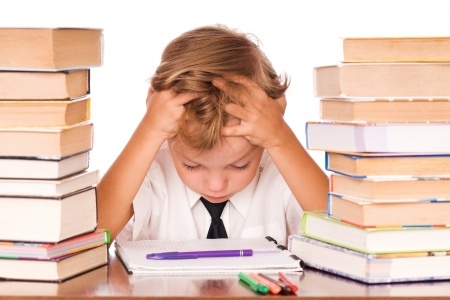
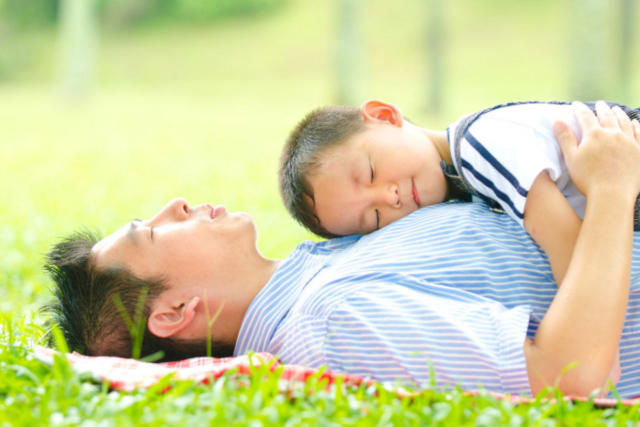




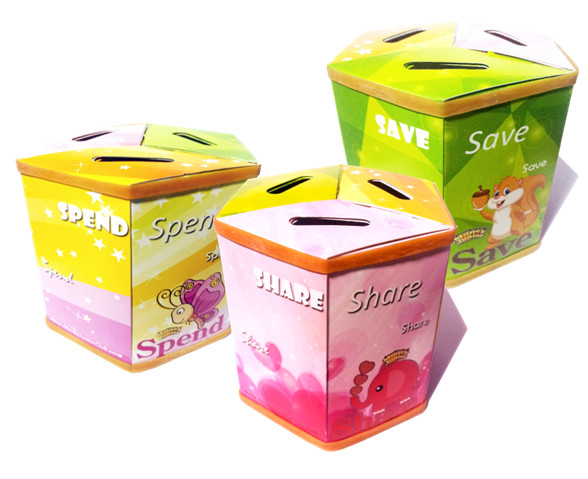

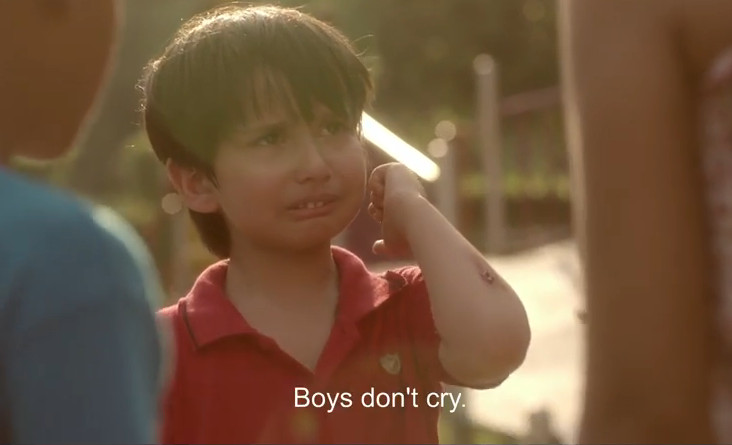
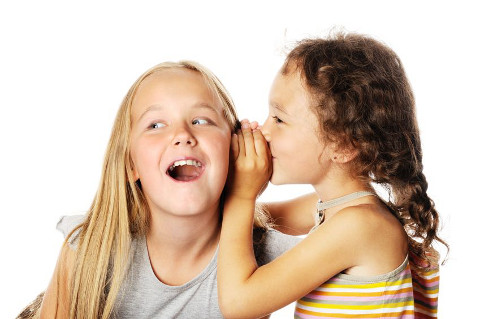











Leave a Comment: